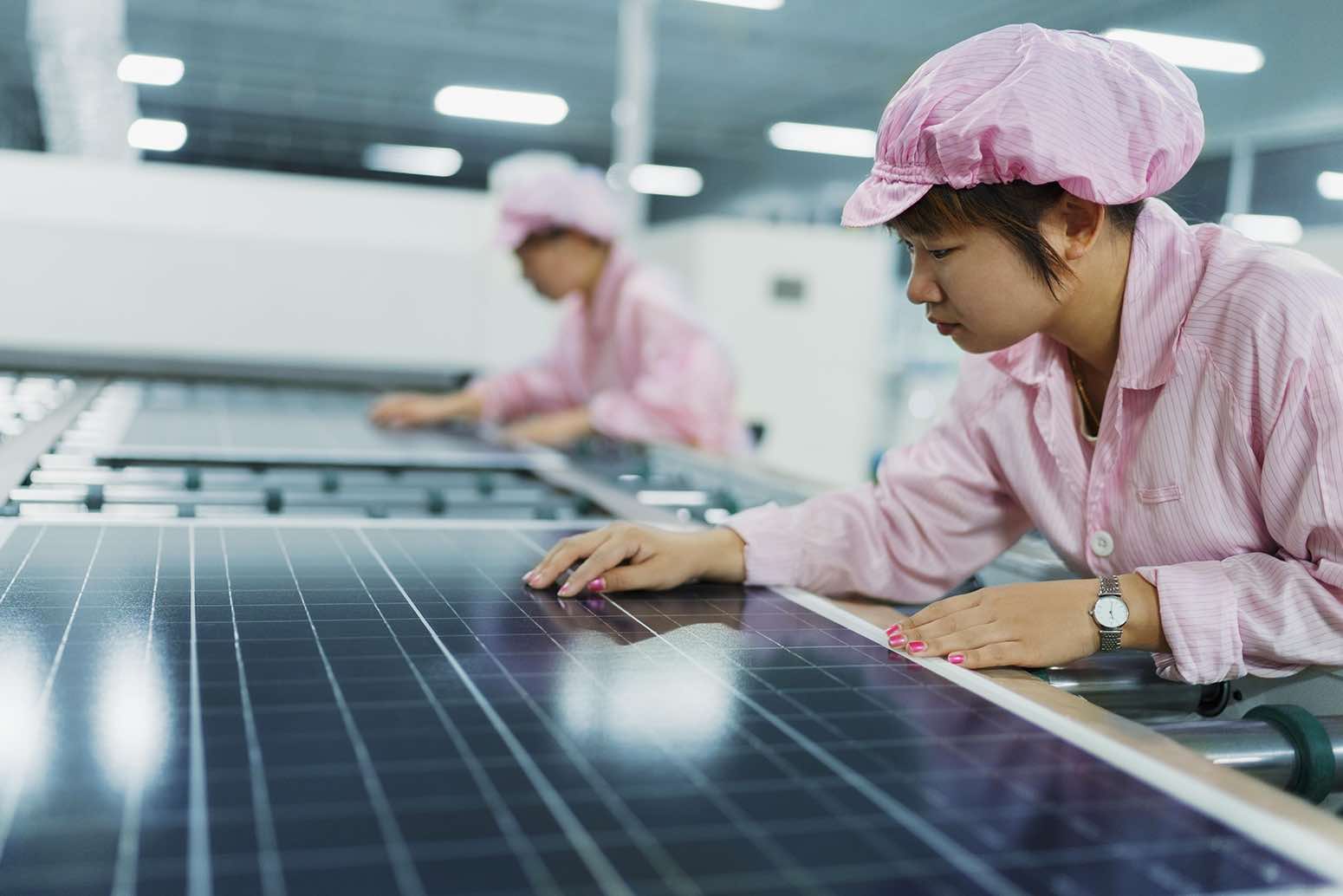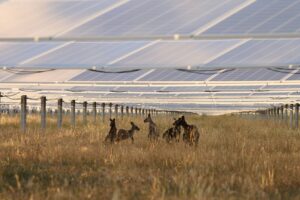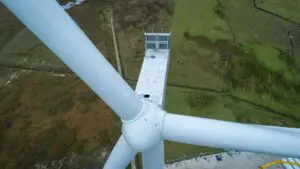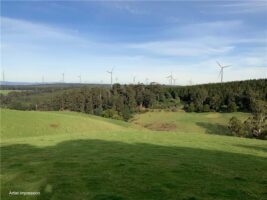As Australia’s federal government maps a gas-led recovery from the Covid-19 pandemic, a new international report has stressed the importance of “comprehensive policy frameworks” to drive the transition to renewable energy and the millions of jobs that will flow from it.
The report, published by the International Renewable Energy Agency on Tuesday, shows that jobs in the renewable energy sector reached 11.5 million globally in 2019, up from 11 million in 2018, led by solar with some 3.8 million jobs, or a third of the total.
IRENA describes this growth as encouraging, but notes that much larger employment numbers could be achieved by adopting policies to fast-track the transition away from fossil fuels and towards renewable energy.
According to a separate post-Covid agenda put forward by IRENA this year, some 5.5 million transition-related jobs could be created over just the next three years, if governments focused on “super-charging” the energy transition.
This approach, says IRENA director-general Francesco La Camera in a message at the start of the 44-page Renewable Energy and Jobs – Annual Review report, would bring renewables jobs to nearly 30 million globally by 2030 and pave the way for longer-term resilience, development and equality.
“Never has the importance of such a push been clearer than at this momentous juncture,” a statement accompanying the report says. “The need to chart a different course is undeniable, as are the benefits to be reaped.”
This is certainly true for Australia, which gets an honourable mention in the report for its 6GW contribution to last year’s 97GW global solar PV tally, but could be doing much, much better on jobs.
According to the IRENA report, direct full-time equivalent renewable energy employment in Australia ran to about 26,850 jobs in 2018-19, a 27% increase on the previous year.
And while rooftop solar PV contributed 13,070 jobs to this total – ahead of utility-scale PV (4,740 jobs), wind (3,240) and hydro (3,060) – Australia doesn’t rank in the global top 10 for solar PV jobs, largely because of the complete lack of manufacture and supply chain sub-sectors.
“Adopting renewables creates jobs and boosts local income in both developed and developing energy markets,” said La Camera. “While today we see a handful of countries in the lead, each country can harness its renewable potential, take steps to leverage local capabilities for industrial development, and train its workers.”
The Morrison government is well aware of this potential for Australia, having been re-presented with Beyond Zero Emissions’ highly lauded Million Jobs Plan earlier this month, with the added endorsement of independent modelling by former Treasury secretary and public policy expert Chris Murphy.
The comprehensive Million Jobs Plan proposes up to 90GW of new wind and solar projects be built around Australia, alongside investment in improving housing energy performance, better public transport systems and a rejuvenated Australian manufacturing sector based around green exports.
According to Murphy, following this plan would also deliver a stronger economic recovery from Covid for Australia, with lower unemployment, higher living standards, and contained government debt. IRENA agrees, but stresses that governments must play their part.
“Comprehensive policies, led by education and training measures, labour market interventions, and industrial policies that support the leveraging of local capacities, are essential for sustaining the renewables jobs expansion,” the IRENA report says.
“Such efforts revolve around vocational training, curricula-building, teacher training, the use of information and communications technology, promotion of innovative public-private partnerships, and recruitment of under-represented groups such as women.
“Policymakers must also prioritise reskilling for fossil fuel sector workers who have lost or are at risk of losing their livelihoods. Many have considerable skills and expertise to contribute to a reoriented, clean energy industry” – according to the report, coal mining employed some 40,000 people in Australia in 2018-19.
“As the world grapples with the coronavirus (COVID-19) pandemic, the close connections between the natural environment, our economies and human well-being have taken centre stage,” adds La Camera. “A clean, reliable energy supply and durable, healthy, low-carbon job creation are essential components to the transformative decarbonisation of our societies
“An ambitious package of policies and investments centred on renewables can create new jobs, leverage existing domestic industries, soften the blow of today’s economic turbulence and where needed open new opportunities for workers losing jobs in conventional energy.
“Building up local value chains will widen the benefits further. More broadly, governments must continue to build strong policy frameworks to enhance the positive impact of the whole energy transition technology mix.”








